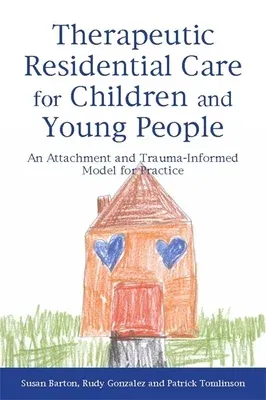Children and young people in care who have been traumatized need a
therapeutic environment where they can heal and which meets their
emotional and developmental needs.
This book provides a model of care for traumatized children and young
people, based on theory and practice experience pioneered at the
Lighthouse Foundation, Australia. The authors explain the impact of
trauma on child development, drawing on psychodynamic, attachment and
neurobiological trauma theories. The practical aspects of undertaking
therapeutic care are then outlined, covering everything from forming
therapeutic relationships to the importance of the home environment and
daily routines. The book considers the totality of the child's
experience at the individual, group, organization and community levels
and argues that attention to all of these is essential if the child is
to achieve wellness. Case material from both children and carers are
used throughout to illustrate both the impact of trauma and how children
have been helped to recovery through therapeutic care.
This book will provide anyone caring for traumatized children and young
people in a residential setting with both the understanding and the
practical knowledge to help children recover. It will be essential
reading for managers and decision-makers responsible for looked after
children, child care workers such as residential and foster carers,
youth workers, social workers, mental health workers and child welfare
academics.

